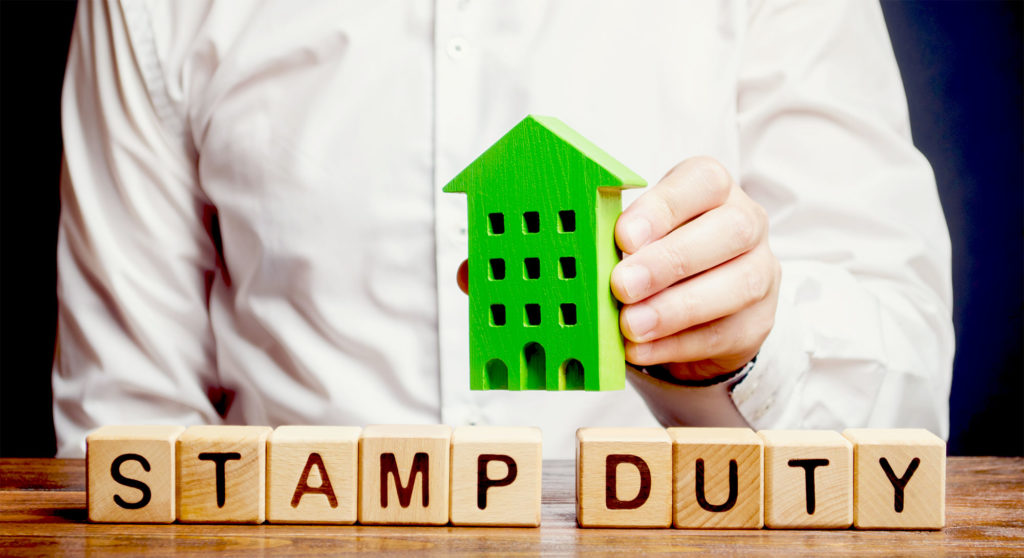When buying real estate in Australia, you will most likely need to pay a tax known as ‘stamp duty’. Here’s everything you need to know about stamp duty for Queensland property purchases.
What is stamp duty in QLD?
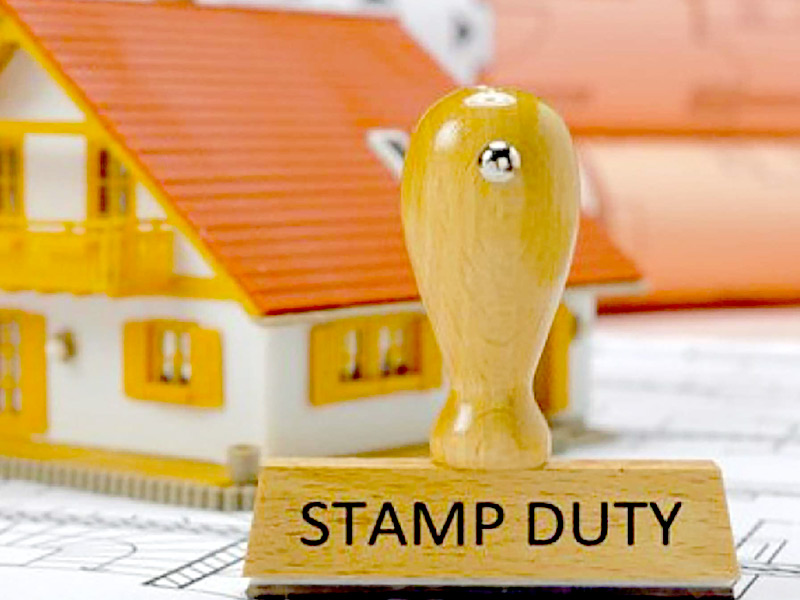
Stamp duty is a tax that applies to some, but not all, transactions. Real estate, insurance policies, and motor vehicles are all subject to stamp duty in Queensland. In the case of real estate, the stamp duty is sometimes also referred to as a land transfer duty.
Although the stamp duty in Brisbane and elsewhere applies to real estate, there are some instances when buyers may earn an exemption from paying the tax. First-time home buyers, if their house falls within the designated value, can be exempt from paying stamp duty in Queensland, Victoria, and NSW.
Who pays transfer duty in Queensland?
In Queensland, you are liable to pay transfer duty, or stamp duty, when you enter into a dutiable transaction, as defined by the government. The Queensland stamp duty rates depend on the circumstances surrounding your property.
The government of Queensland defines a dutiable transaction as involving the transfer of property through a range of methods, including agreements to transfer, foreclosure, and surrender, among others.
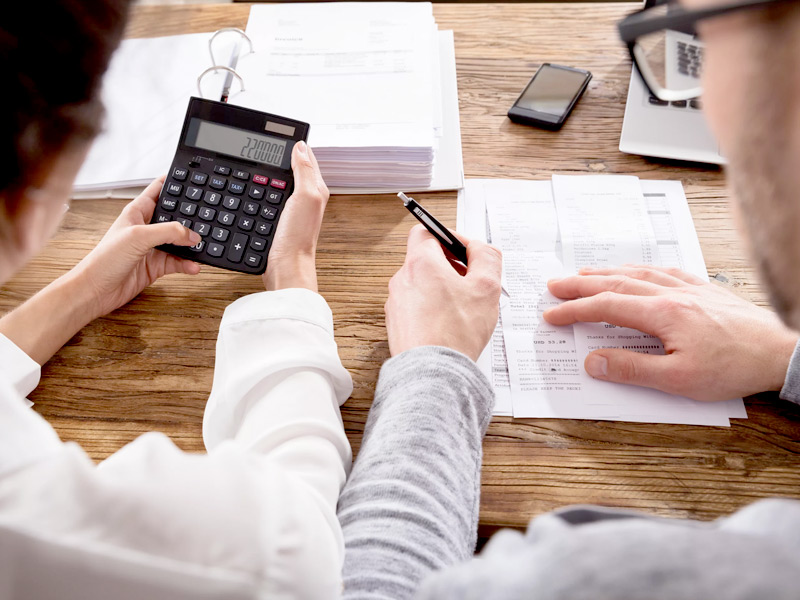
In most cases, both the seller and the buyer are liable to pay. The transaction is between two parties, whether they are individuals or companies, and the duty can be applied even when the change of ownership is only on paper.
For instance, let’s say a person owns a company with a property in the company name and they want to put the property in their own name. In this case, even though the same person will still own the property, the transaction is still liable to Queensland stamp duty rates. This is because, in the eyes of the law, the company and the person are two separate entities. However, whether or not the duty needs to be paid depends on whether or not it meets the criteria for exemption.
When do I have to pay stamp duty?
Under the terms of a standard contract in Queensland and NSW stamp duty is payable by the buyer, not the seller.

When purchasing a property, the stamp duty generally needs to be paid within 30 days of the sale’s settlement. In most cases, paying the duty is done by your solicitor on your behalf. To do this, they pay the required amount to the State revenue office. Depending on circumstances, you may have to pay and off the plan stamp duty.
There are penalties for late payment, so it’s a good idea to ensure the duty is paid. If it remains unpaid, the government may initiate legal proceedings to recover the unpaid duty.
How much stamp duty do I have to pay in Queensland?
In the case of land or property purchases, the duty amount can be calculated relatively easily using a chart as a transfer duty calculator for QLD properties. This is done by taking the transfer duty rate and applying it to the value of the property subject to duty.
In Queensland, the transfer duty rates ( at the date of this publication but subject to change) are as follows:
| Value | Rate |
| Up to $5,000 | nil |
| $5,001 to $75,000 | $1.50 for each $100 or part thereof above $5,000 |
| $75,001 to $540,000 | $1,050 plus $3.50 for each $100 or part thereof above $75,000 |
| $540,001 to $1,000,000 | $17,325 plus $4.50 for each $100 or part thereof above $540,000 |
| More than $1,000,000 | $38,025 plus $5.75 for each $100 or part thereof above $1,000,000 |
It must also be said that judging by the reports of the Queensland government, the fee for Stamp Duty will gradually increase in 2021-2023.
In addition to the above-listed amounts, an additional 7% duty applies to purchases of residential land by foreign people, companies, or trusts.
Are there any ways to reduce stamp duty?
There are certain circumstances under which a person may be exempt from paying duty.
If a person dies and their property is then transferred—when a property is willed to a beneficiary, for example—the transfer is not subject to duty. For this exemption to be valid, the transfer must be in accordance with the terms of the will. If there is no will, land can still be transferred without duty to the deceased’s descendants.
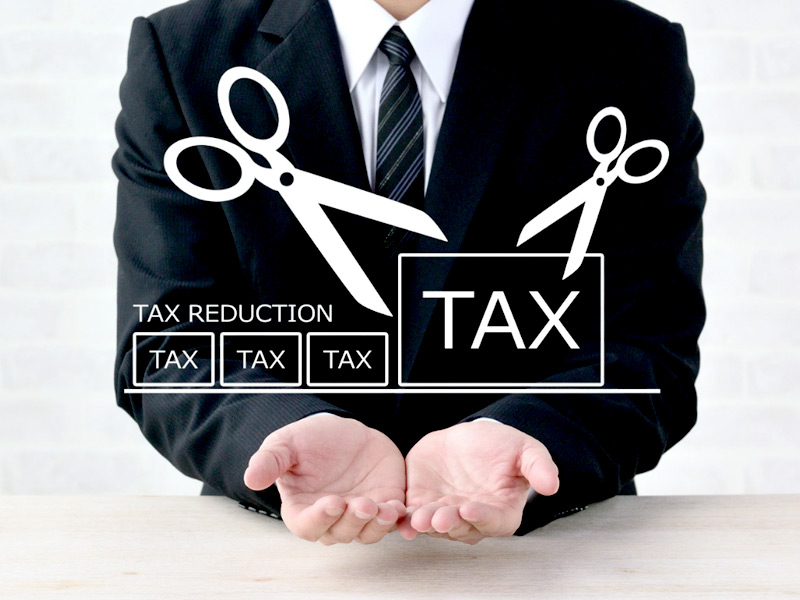
For home or property owners, there are also exemptions that can apply to paying transfer duty. If you are transferring an interest in your home to your spouse, then you may be exempt from paying transfer duty. This exemption requires that you will still be living in the home and that it will be your primary residence. The transfer must also be done as a gift. This exemption also requires that you and your spouse will own the entire home as joint tenants or tenants in common.
Manufactured homes are eligible for an exemption if they meet certain requirements. This includes having the home on a site that is under a site agreement, or acquired and intended to be positioned on a site that is under a site agreement.
Charitable institutions are also eligible for exemption in some cases. The property must be used for a purpose that qualifies for exemption. This includes:
- Religious or educational
- Care of the sick, aged, infirm, or incorrigible
- Poverty relief
- Full-time childcare
- Other charitable purposes
- Residence of a member of a religious order providing services
The exemption will only apply if the property is used only for the qualifying purpose or fundraising (such as rent) for a qualifying exempt purpose.
In certain matters of family law, property is exempt from transfer duty. For example, some divorce settlements involving the transfer of property ownership from one spouse to another may be exempt from the duty.
There are also several other cases in which an exemption may apply. These instances include conditions under the Duties Act, such as correcting errors or canceled agreements, as well as conditions of other acts. Full details can be found on the Queensland government website.
Homebuyers who intend to live on their property are eligible for a stamp duty discount. The concession can be applied to the first $350,000 of the purchase price. Any amount above $350,000 is subject to regular duty rates. The result is that those eligible can save up to $7,175 by taking advantage of the concession.
To be eligible, the property must be the principal place of residence within a year of purchase. Also, you are not allowed to lease or sell any part of the property before moving in.
First-time homeowners and stamp duty

First-time homebuyers are eligible for further concessions, on top of the home concession rate, for homes that are valued below $550,000. This first home stamp duty concession for QLD residents can help to reduce the overall price of your first home.
The concession rate begins at $8,750 for homes under $505,000 and goes down to $875 for home between $545,000 and $549,999.99
To be eligible for the first-time home buyer concession, several criteria must be met. These include:
- You’ve never claimed the concession
- You’ve never owned a residence in Australia or anywhere else
- You must move into the property within a year of purchase
- You are over 18 years of age
- You do not sell or lease the property before moving into it
Foreign buyers and stamp duty
People or businesses that aren’t Australian citizens or permanent residents are also eligible for concessions. However, these discounts are offset by a duty that applies to foreign buyers. This duty, known as the foreign acquirer duty, is 7% of the purchase price.
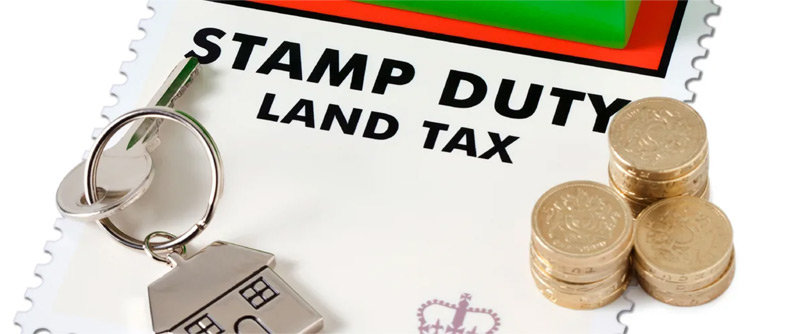
As you can see, there are many aspects to the stamp duty in Queensland for property purchases, and it is not a simple matter. If you find yourself asking the question of when is stamp duty payable in QLD, it is best to seek the knowledge and expertise of a professional to be sure you are following all applicable rules. They will also help you to avail of any possible discounts or concessions for which you may be eligible. If you want to know more about how much it will cost you to transfer your property (GTS, the size of the conveying fee and other payments), you can use our Instant Quote.
